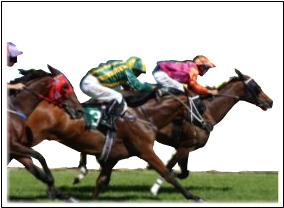If they are as good as I think they are, they will use the opening statement to tell a story, not just recite facts. They will continue with the theme and theory they began during jury selection: that Scooter Libby was a man on a mission to protect our national security and that he was far too busy and preoccupied with this weighty responsibility to be focused on conversations he had with reporters about Joseph Wilson's wife, Valerie Plame Wilson.
If Libby's lawyers are to be effective in opening, they will use it to begin convincing the jury that Libby is actually innocent of the crimes charged, that he is a likable human being much like the members of the jury or someone they love, that he sits before them unjustly accused and that convicting him would be a terrible wrong.
They will again introduce the theme of memory, that human memory does not operate like a video recorder which records an event on tape and thereafter never changes and is never altered by external or subsequent events.
Judge Walton has refused to allow a memory expert to testify at Libby's trial. So the defense will have to try through other means to show that human memory changes and fluctuates based upon several factors. If you'd like more information on this, here's a 1996 article I wrote on the topic.
The theme and theory that Libby's lawyers use in opening argument will be continued throughout the trial. They will re-introduce it when cross-examining the government's witnesses -- and when questioning their own witnesses, including Libby. They will raise it again in closing arguments.
The goal is to show tell Libby's story from a positive point of view. They will accept the "facts beyond change" -- such as those which unequivocally demonstrate that Libby spoke to Tim Russert, Matthew Cooper and Judy Miller and his statements to investigators and the grand jury. They will weave their defense around these facts, since they can't change them.
Libby's lawyers will present an alternative to the prosecution theory that is both consistent and integrated. They will use “quotables” -- phrases that stick in the listener’s memory. And they will take advantage of anticipated jury instructions that work in their favor.
There is debate among trial experts as to whether the opening or the closing argument is most important. Are jurors more influenced by what they hear first or what they hear last -- primacy or recency? At least one study found that 75% of the time, the final result in a trial is the same as the tentative conclusion held at the end of opening statement.
Given the facts of this case as we've come to know them, this is a tall order for Libby's lawyers.
Whatever else, the opening statements of both sides will be the roadmap of the case -- the preview of coming attractions. I'm really looking forward to dissecting them. For the blow by blow as they happen, Christy of Firedoglake will be live-blogging them.




